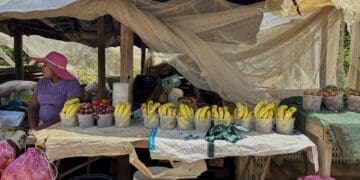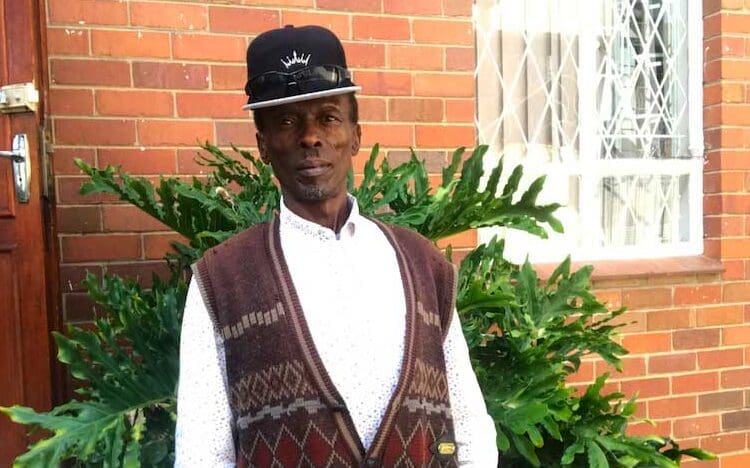By: Anna Majavu
A small-scale fishing co-operative is struggling to grow its business after battling against lawsuits from big commercial fishing corporations, a lack of funds to buy its own boats, and now facing the prospect of oil and gas drilling in their fishing area. Vutivi News spoke to Ayanda Yekani, the chairperson of the 43-member Siyaphambili Fishing Primary Co-operative based in the small town of Hamburg, 80km from East London.
The small fishing co-operative is one of several involved in catching line fish and squid along the coast in the Eastern Cape. Many of the fishers in these co-operatives have been denied their own fishing permits for decades and have no alternative but to work as poorly paid crew on white-owned commercial fishing boats. The Department of Forestry, Fisheries, and the Environment (DFFE) finalised a policy in 2012 that would finally grant fishing permits to small-scale fishers. But many fishing co-operatives then faced lawsuits from the fishing giants who argued that extending permits to fishing co-operatives would reduce the allocation that corporations could catch.
Although the Siyaphambili co-operative defeated one such lawsuit, it is now bound to a system where its members are invited onto commercial fishing boats to catch their fish but have to sell the fish back to the corporations. Yekani said although this was better than catching fish with rods from the beach or a riverbank, the co-op could earn more money if was on its own. Siyaphambili is “trying to collect some money to put down a deposit for our own boat so that in future we go out fishing on our own boat and not depend on big companies”, said Yekani.
But a suitable fishing boat can cost millions, and although Siyaphambili was promised government funding, this funding was later redirected to health during the Covid-19 pandemic. “We need to be able to go out to sea on our own boat in the morning and come back in the afternoon with a big catch. That is the only way to make some money,” Yekani said, adding that many fishing co-operatives were in the same position.
The latest obstacle to the co-op’s growth is oil and gas drilling, set to take place in exactly the place where the Siyaphambili members catch squid. “If we allow this drilling to happen, there will be no more fish and squid,” said Yekani, referring to the fact that fish were repelled by the noise of drilling in the sea bed, and tended to flee to other parts of the water. The co-operative has joined the Coastal Justice Network and, along with the Ekhuphumleni Fishing co-operative from Kenton-on-Sea and the Eastern Cape Khoisan Small Scale Fishing Co-operative in Gqeberha, is campaigning against offshore oil and gas exploration.































































